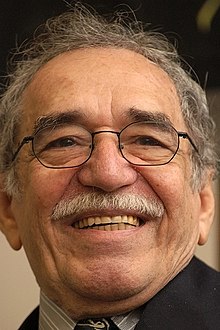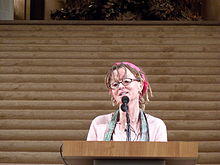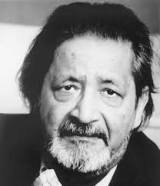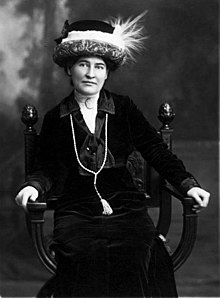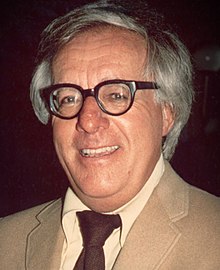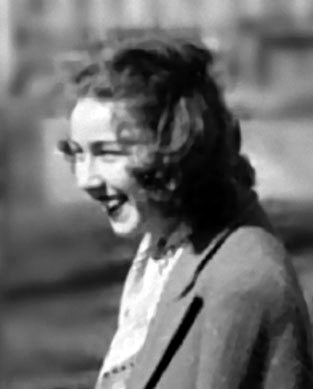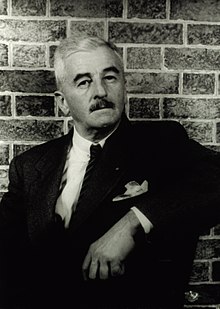
How to Promote Your Book
Promoting a book is not often an author’s favorite past time, but it can reap huge dividends in exposure and book sales. Molly Woolbright, the publicist at Sasquatch Books, visited my summer Seattle writing class, Writing Your Story, to provide insight into the process.
“I will broadly describe how a publicist at a traditional publisher approaches a book’s campaign and hopefully demystify the process,” she explained.
Woolbright emphasized that digital marketing has taken on new importance in a time of social distancing. In the past, book tours and talks made up a significant part of the marketing plan. With those options limited , other strategies need to be developed, including talks and meetings via Zoom and other web conferences.
She detailed a number of effective ways of getting the word out about your book. I’ll include the highlights of her talk to my Seattle writing class, Writing Your Story, below:
Overview of Book Publicity
An in-house publicist at a traditional publisher works on a variety of books at a time, striving to secure a mix of trade reviews and regional and national media for each. From the general public’s perspective, a book campaign is typically about 3 months long; from an author and publisher’s perspective, the work begins at least 6 months before a book is published.
Long-Lead Media
About 6-8 months out from publication
Advance reader copies (otherwise known as ARCs or galleys) sent to media outlets that work far in advance, including: Print magazines, Trade journals (Publishers Weekly, Library Journal, Booklist, etc.), Podcasts.
Short-Lead Media
About 1-2 months out from publication
Finished copies sent to media outlets that work on a shorter timeframe, including: Newspapers, radio, TV, blogs.
Local/Regional Media
Often overlooked in favor of bigger or more prestigious national media outlets, your local newspaper, magazines, blogs, radio, and TV stations are a great starting point to build buzz (while still striving for national hits). The Amazon algorithm is fed by any and all publicity, and local media is more likely to take notice.
Optimizing Your Author Platform for Media
Book promotion, regardless of genre, is often more about the author than the book—it’s about you and the expertise you can provide or discussions you can spark. Whether you’re working with an in-house publicist or you’ve hired a freelancer, one of the most helpful steps you can take to assist her efforts in securing media is to boost your online presence.
Website
From a publicity perspective, a website is the most useful asset you can have as an author. Whereas social media is ephemeral, a website offers a consistent representation of you and your work. Think of it like a toolbox where journalists/reviewers/editors can go to find more info.
For more on book promotion and writing technique, please consider signing up for my next Seattle writing class, online writing class or travel writing class through www.thewritersworkshop.net.
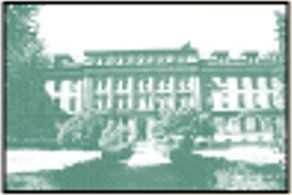 The Writer's Workshop
The Writer's Workshop 

